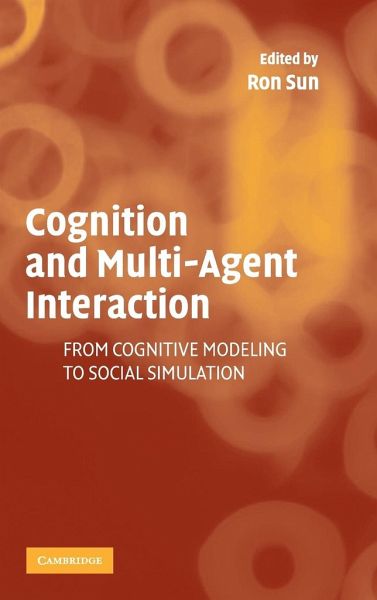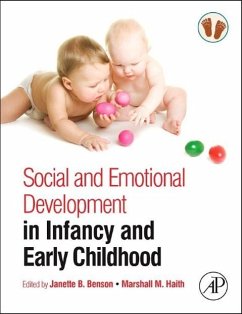
Cognition and Multi-Agent Interaction

PAYBACK Punkte
41 °P sammeln!
This book explores the intersection between cognitive sciences and social sciences. In particular, it explores the intersection between individual cognitive modeling and modeling of multi-agent interaction (social stimulation). The two contributing fields - individual cognitive modeling (especially cognitive architectures) and modeling of multi-agent interaction (including social simulation and, to some extent, multi-agent systems) - have seen phenomenal growth in recent years. However, the interaction of these two fields has not been sufficiently developed. We believe that the interaction of ...
This book explores the intersection between cognitive sciences and social sciences. In particular, it explores the intersection between individual cognitive modeling and modeling of multi-agent interaction (social stimulation). The two contributing fields - individual cognitive modeling (especially cognitive architectures) and modeling of multi-agent interaction (including social simulation and, to some extent, multi-agent systems) - have seen phenomenal growth in recent years. However, the interaction of these two fields has not been sufficiently developed. We believe that the interaction of the two may be more significant than either alone. They bring with them enormous intellectual capitals. These intellectual capitals can be profitably leveraged in creating true synergy between the two fields, leading to more in-depth studies and better understanding of both individual cognition and sociocultural processes. It is possible that an integrative field of study in cognitive and social sciences is emerging and we are laying the foundation for it.














